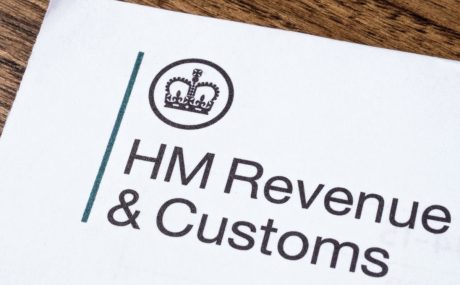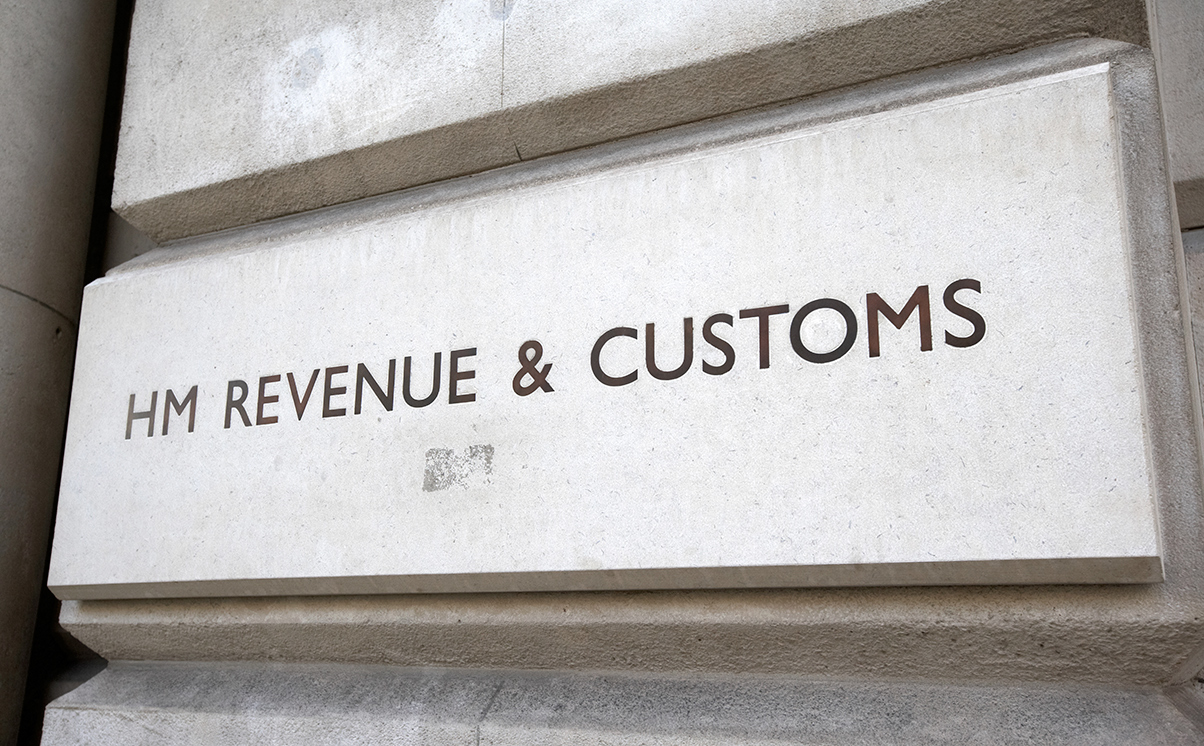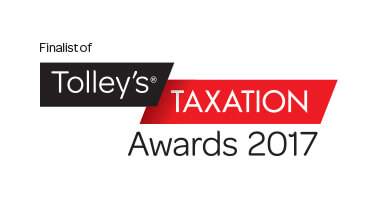Victor Cramer looks at the recent Tax Tribunal decision in an appeal by Buckingham Bingo (TC/2017/6487). Buckingham Bingo was seeking to appeal the rejection of a VAT adjustment it had made some years earlier. HMRC rejected it contemporaneously, and Buckingham Bingo elected not to appeal for reasons which at the time were almost certainly entirely sensible.
The original adjustment was made under Regulation 38 of the VAT Regulations 1995, which requires taxpayers to adjust their VAT accounting where the price of a supply increases or decreases after the supply takes place. Despite being a relatively simple concept and piece of legislation, it is a fertile ground for dispute.
Since the initial decision not to appeal HMRC’s position, the landscape subsequently changed, and the company decided to pursue the adjustment. They ran into an obvious limitation point, as they were some four and a half years out of time to appeal HMRC’s decision.
Two connected points struck me when reading the decision. Firstly, a submission from HMRC (see para 26 of the judgment which can be found here ). They acknowledge that it is open to taxpayers to make repeat claims in respect of the same underlying facts, subject to being within time limits. This is a fairly non-contentious point, although it took a Court of Appeal decision to confirm. However HMRC then go on to say that new claims where nothing else has changed would be abusive. The paragraph refers to a comment by the Court of Appeal in the John Wilkins compound interest case ([2010] EWCA Civ 923), where comment is made by both Etherton LJ and by Laws LJ.
Etherton says that “…the notion of a general right to make an unlimited series of claims (limited only by the three year limitation period), each giving rise to a ‘disputed decision’ and a new right of appeal for the purpose of Rule 4 in respect of precisely the same VAT capital overpayment, does not seem consistent with a sensible statutory scheme for disposing of disputed claims in an efficient and timely manner.”
Laws follows with this view: “But repeat claims with nothing new to say would be dealt with summarily by the Commissioners as being abusive, and it is to be expected that such a robust response would be supported when necessary by the Tribunal and by this court. Moreover the possibility of repeat claims, responsibly conducted, may in fact be perfectly appropriate for the sensible conduct of tax affairs between taxpayer and Commissioners. There must often be circumstances where in the course of correspondence between tax experts on either side views will be adjusted on such matters…”
Abuse is a strong word. It’s a strong allegation in any context, but in tax it is a particular term of art. The full phrase in a tax context is “abuse of rights”. I don’t dispute that rights can be abused: indeed anyone with a sibling will undoubtedly recall the wild windmilling of arms combined with a cry of “I’m not touching, I’m not touching”.
So yes, rights can certainly be abused, by transactions which lack real substance, or which have no commercial purpose other than a tax saving. But can it really ever be an abuse of rights to change your mind about whether you have the stomach to fight HMRC to get back an amount of tax which is rightfully yours? I say that as long as you do so within the statutory time limit, no, it cannot be right. The mechanism for reclaiming overpaid tax is set out in section 80 VATA 1994. There is a clear legislative time limit for reclaiming overpaid VAT, and the way the mechanism works has been subject to extensive review by the courts. There is nothing in section 80 which even remotely suggests that a claim can only be made once. The suggestion is surprising coming from a senior court, and borders on the offensive. Frankly this sort of comment (and approach from HMRC is one of the reasons I like having recourse to the CJEU).
The second, connected issue comes out of the Iveco Court of Appeal decision. Iveco dealt with the mechanism for making claims relating to periods prior to the existence of Regulation 38. The upshot being that in the absence of a mechanism to adjust, the claim could be made under section 80.
So how does that apply here? Buckingham Bingo made the Regulation 38 adjustment, HMRC rejected it. It subsequently became apparent that the adjustment had been correct. Applying the logic of Iveco, they had a claim and had been denied access to the adjustment mechanism. Did the claim then exist under section 80, with the time limit running from the point in time at which their Regulation 38 adjustment was rejected? By the time they wrote their letter in September 2016, they may well have just about been in time to make the section 80 claim.
The interaction between section 80 and Regulation 38 has been looked at in any number of cases, including GMAC and Iveco at the Court of Appeal, but I still don’t think we have a definitive explanation of the way they work together, if indeed they do at all.
It seems to me that finding an alternative way through the legislation to get to what everyone thought was the right tax result shouldn’t be regarded as abusive; it should just be governed by the usual time limits.
You can find further information regarding our expertise, experience and team on our Tax Litigation pages.
If you require assistance from our team, please contact us or request a call back from one of our lawyers by submitting this form.
Subscribe – In order to receive our news straight to your inbox, subscribe here. Our newsletters are sent no more than once a month.




